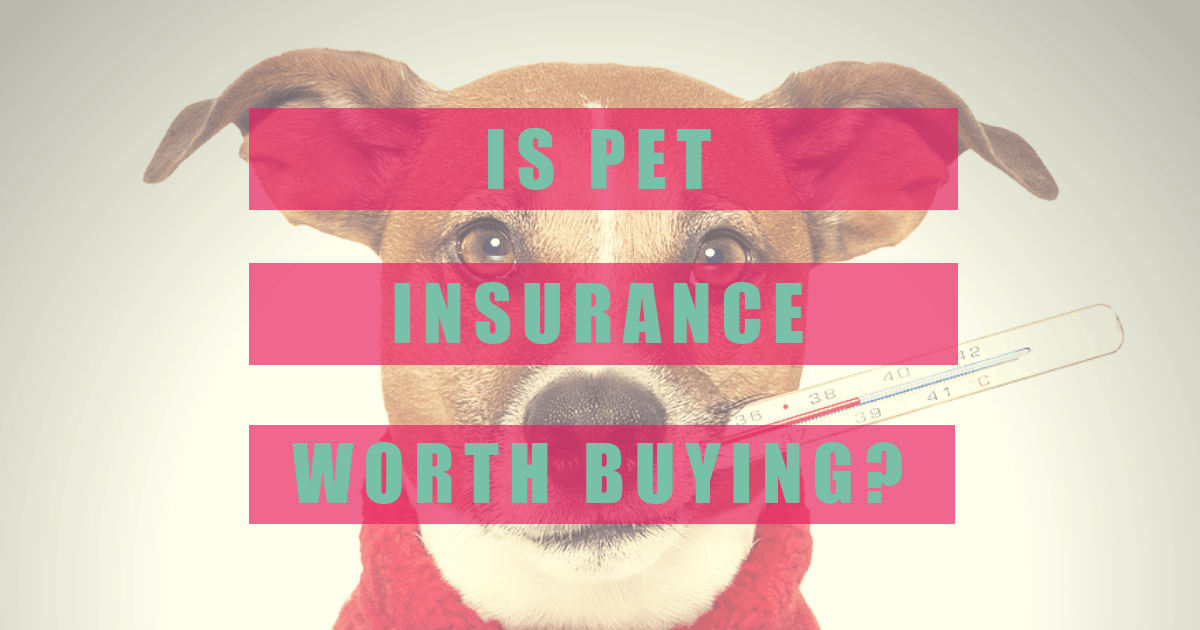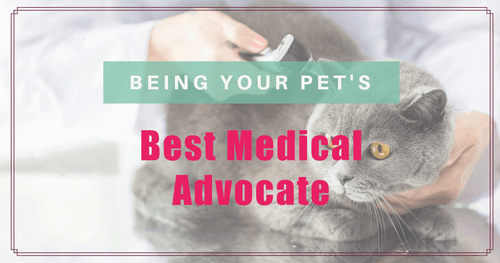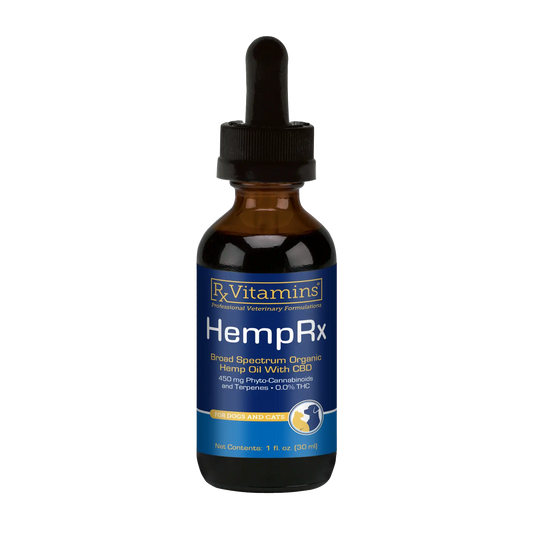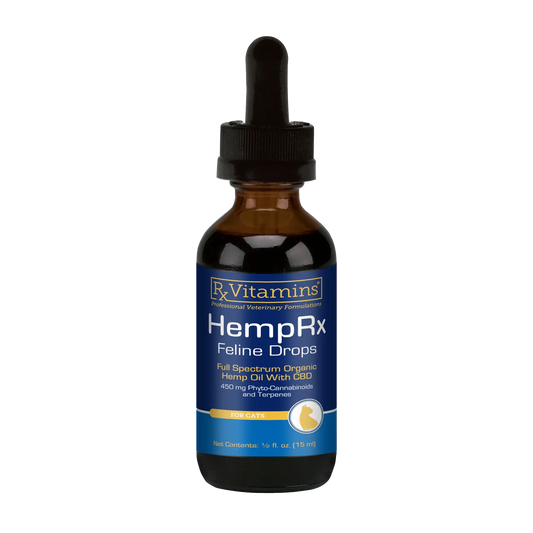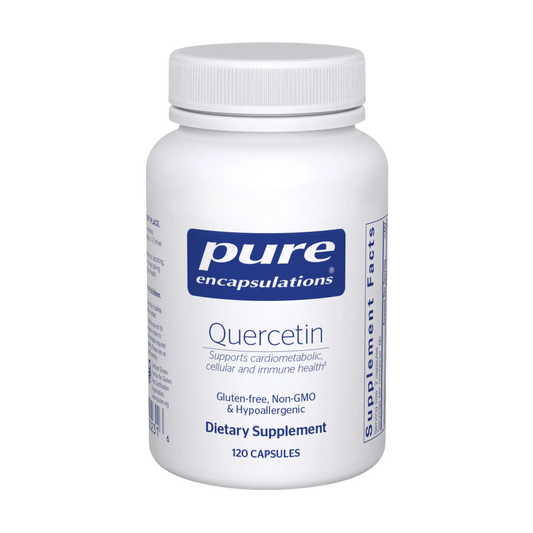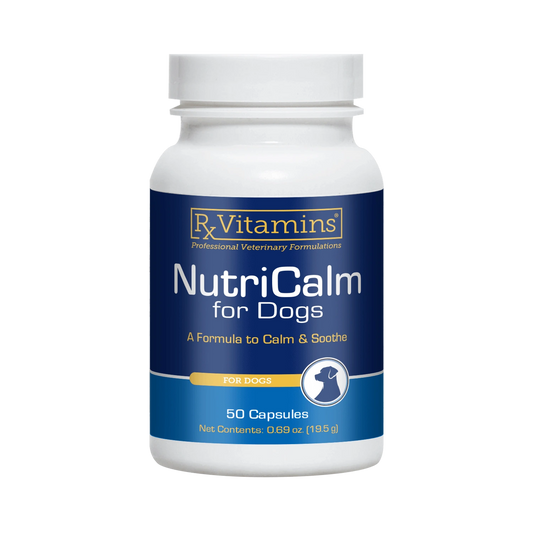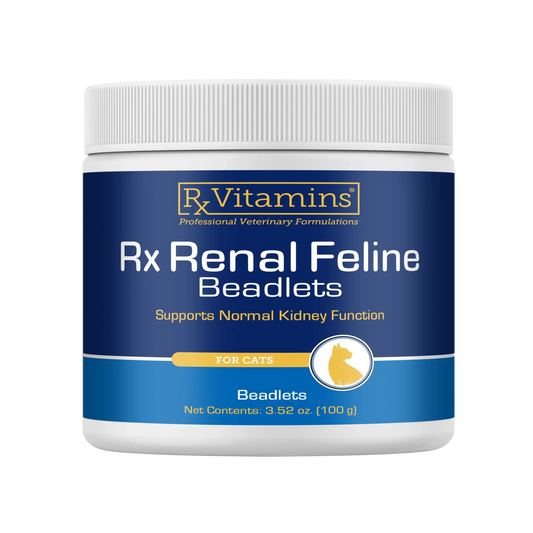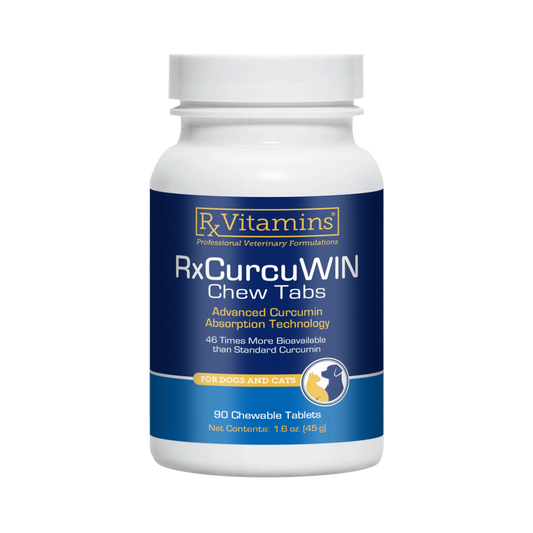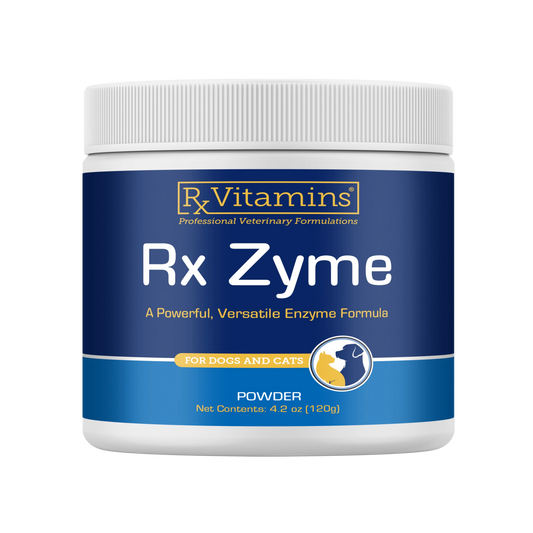Pets are expensive. There is no denying this fact. Big dogs tear ACLs, puppies eat socks, cats take rides in clothing dryers, the list goes on. When these events happen, it can cost thousands of dollars in veterinary care to save or treat your animal.
Here is my advice for navigating the murky waters of pet insurance.
As a rule, if you don’t have the ability to spend $5,000 to $10,000 on your animal in case of emergency you should consider health insurance. An alternative is to start a savings account or have a line of credit secured. Your pet may never have a catastrophic event, but planning for the financial impact can relieve some stress of caring for your pet.
I am not a financial advisor nor do I have an affiliate relationship with any pet insurance company. I do have many years of experience seeing the financial burden and heartbreak of not having a financial plan for catastrophic events.
When I was first out of school, a rare client may have had health insurance for their pet. At that time, many insurance companies were not paying out in meaningful or helpful ways. Fortunately, the pet insurance companies are improving and offering better coverage when it counts.
When should I get pet insurance?
The best time to get insurance is when you have a puppy or a kitten. The rate will never be lower in your pet’s life and the probability of pre-existing conditions is very low.
If you have missed that window, it can still be financially worth it. Get a quote and check out a few companies.
What will pet insurance cover?
Most (but not all) will not cover preventative care. This seems totally backwards but this is generally the least expensive part of owning a pet. Generally, any sick patient visit, surgery to treat disease (think repair of the ACL), or diagnostic in response to sickness (think x-rays when your pet is vomiting) is covered.
It’s important that you understand what your policy covers and does not cover before purchasing.
What types of situations would I need pet insurance?
Here are common expensive scenarios for dogs and cats:
Dogs
- ACL Surgeries ~$5k per knee
- Foreign body surgery (i.e. lab puppy eating sock, sock gets stuck) ~$5-7K
- Gastric volvulus and dilatation (when big dogs get twisted stomachs) ~7-10k
- Surgery for luxating patella ~5k per knee
- Intervertebral disc herniation surgery ~$7-10k .
Cats
- Iodine treatment for hyperthyroidism ~$2k
- Tooth extraction to treat tooth resorption ~$1-2K
- Diagnostics for the chronically vomiting cat ~$1-2K
While feeding a high quality diet, seeing your veterinarian every 6 months, and monitoring your pet closely for signs of disease can go a long way in preventing these expensive situations, sometimes they are unavoidable.
Do you have pet insurance? What company do you use? What have they covered? I would love to hear your thoughts and experiences, comment below.
With love,
